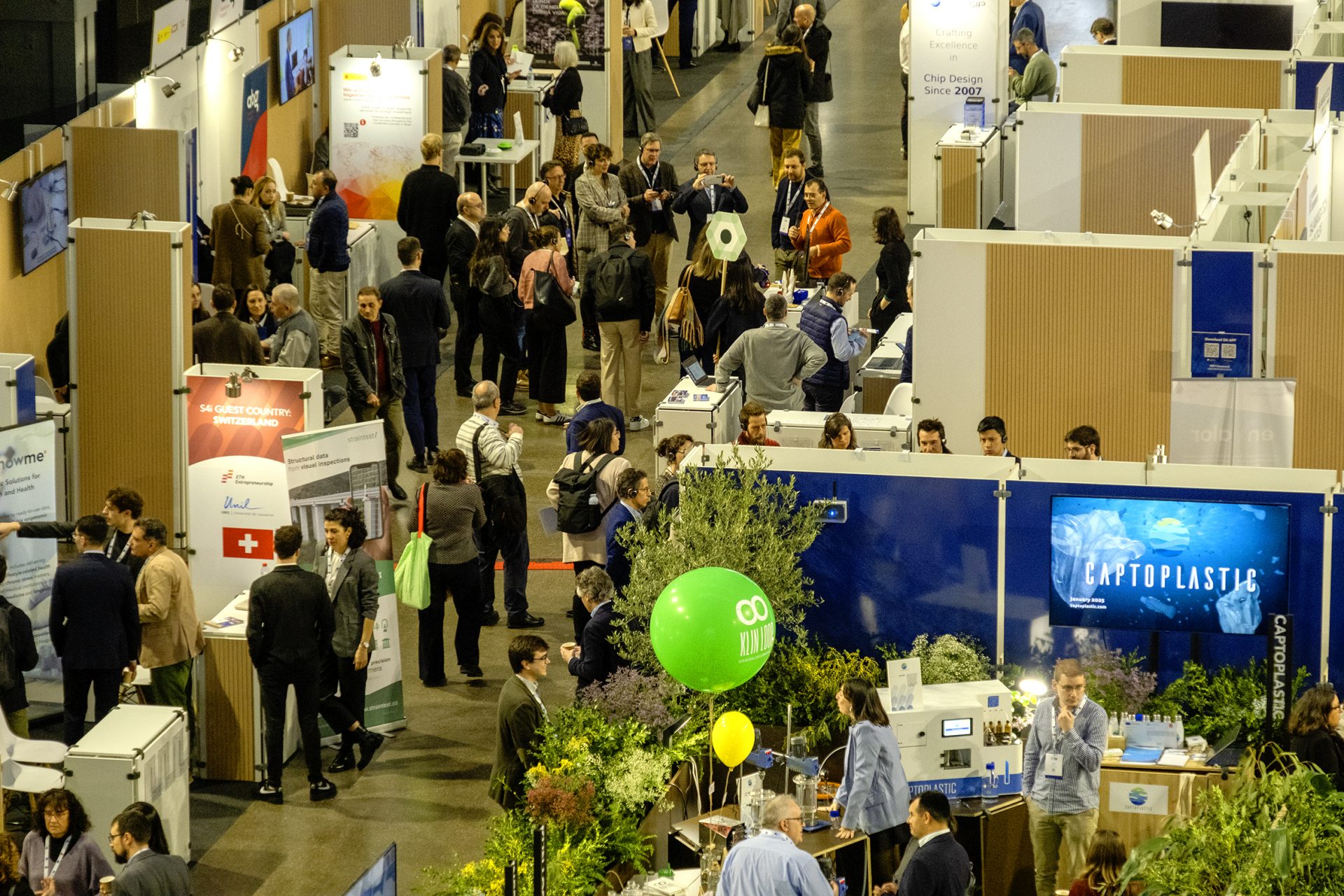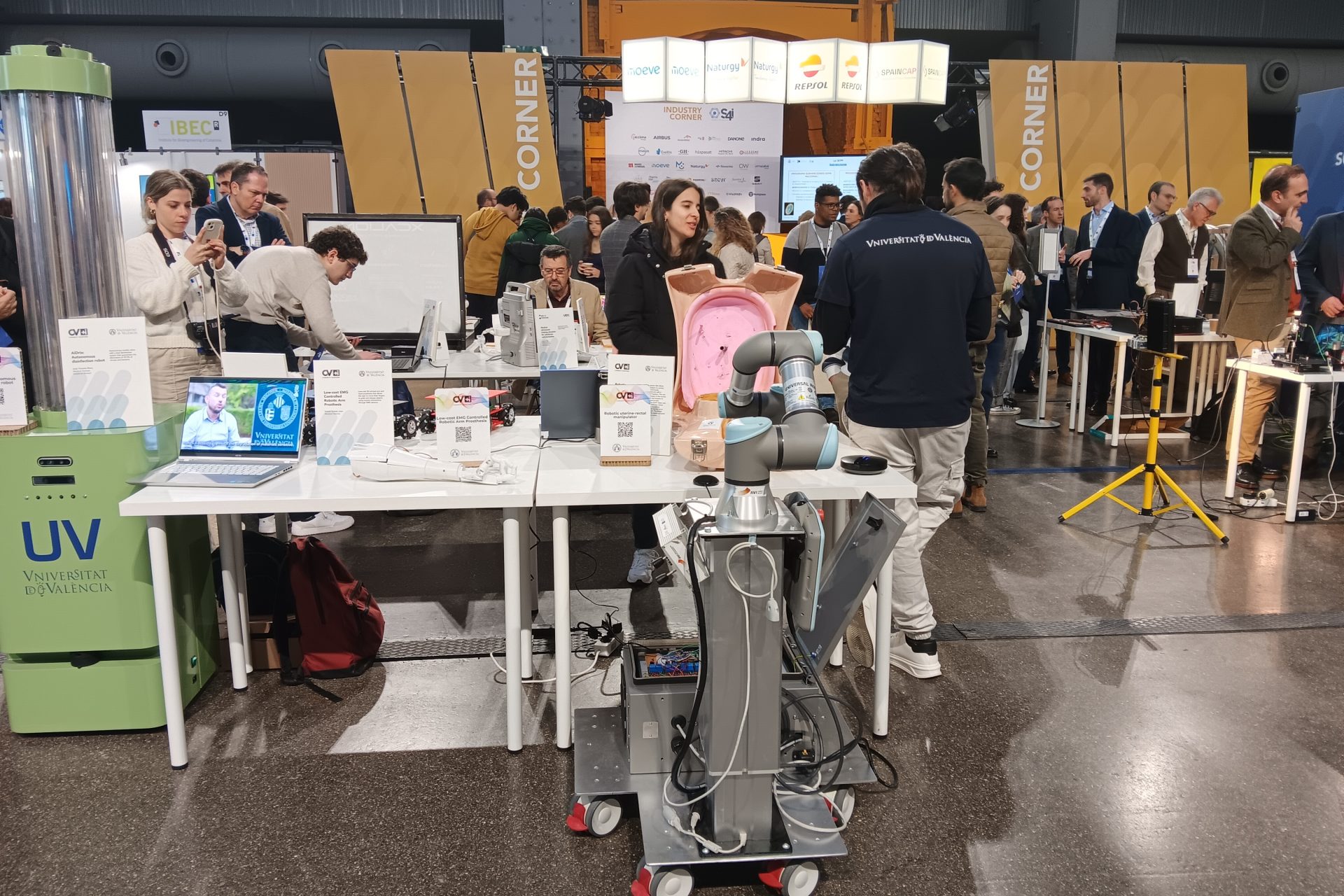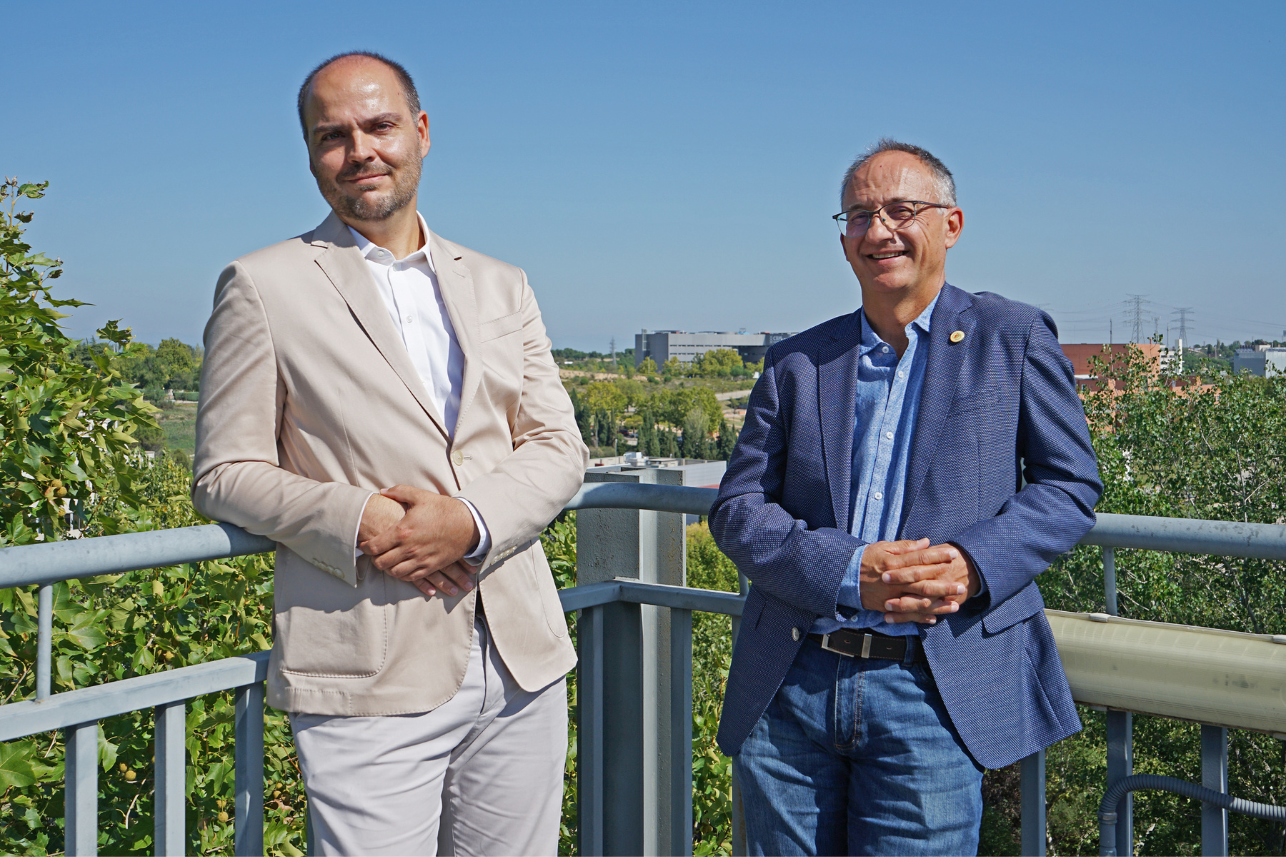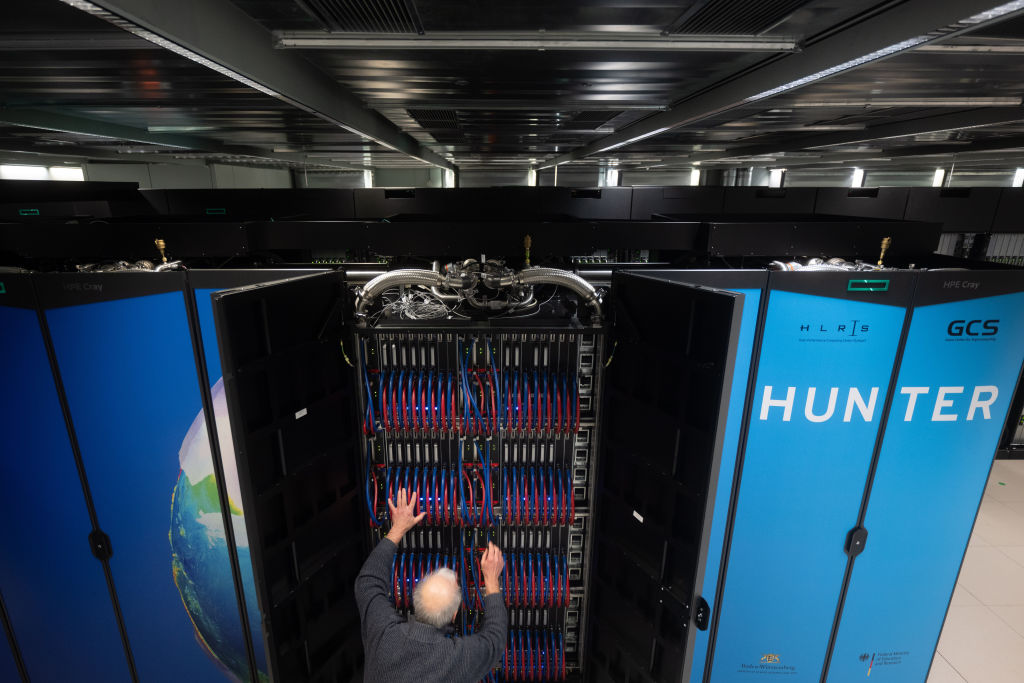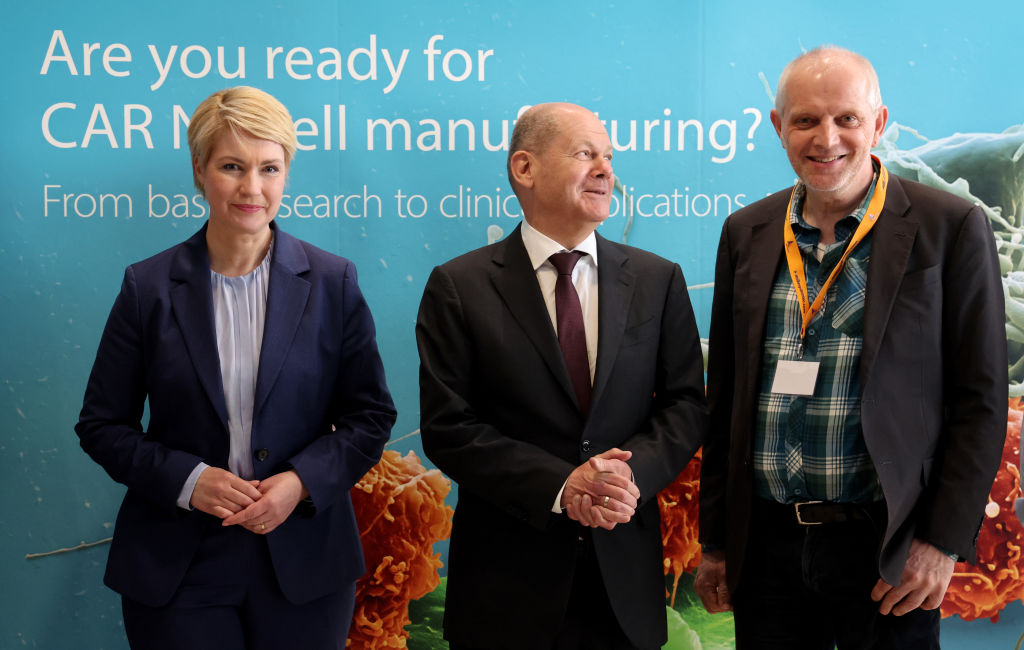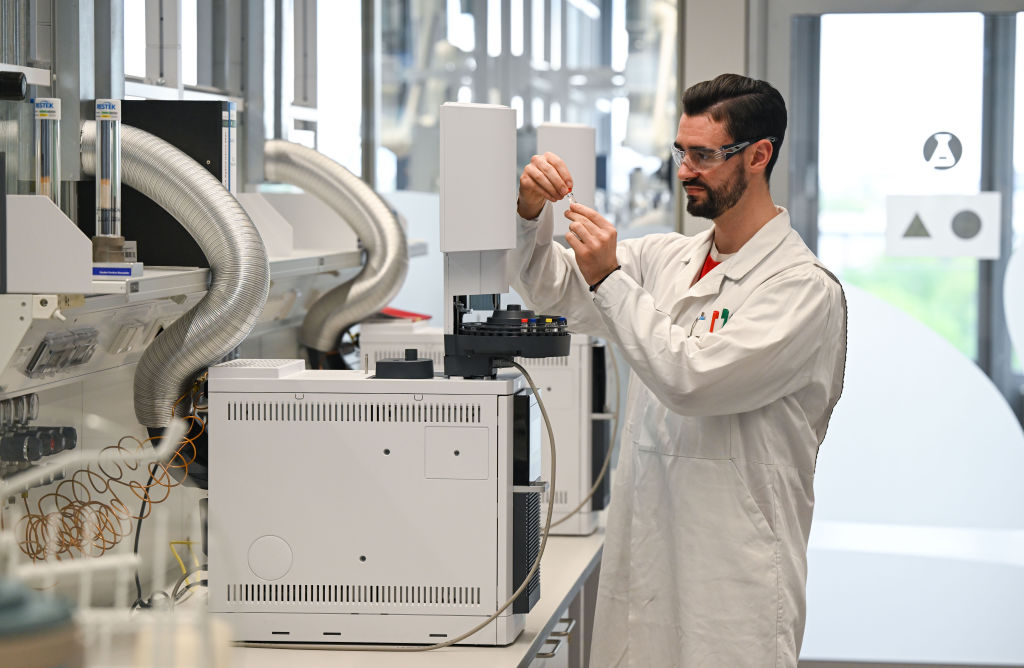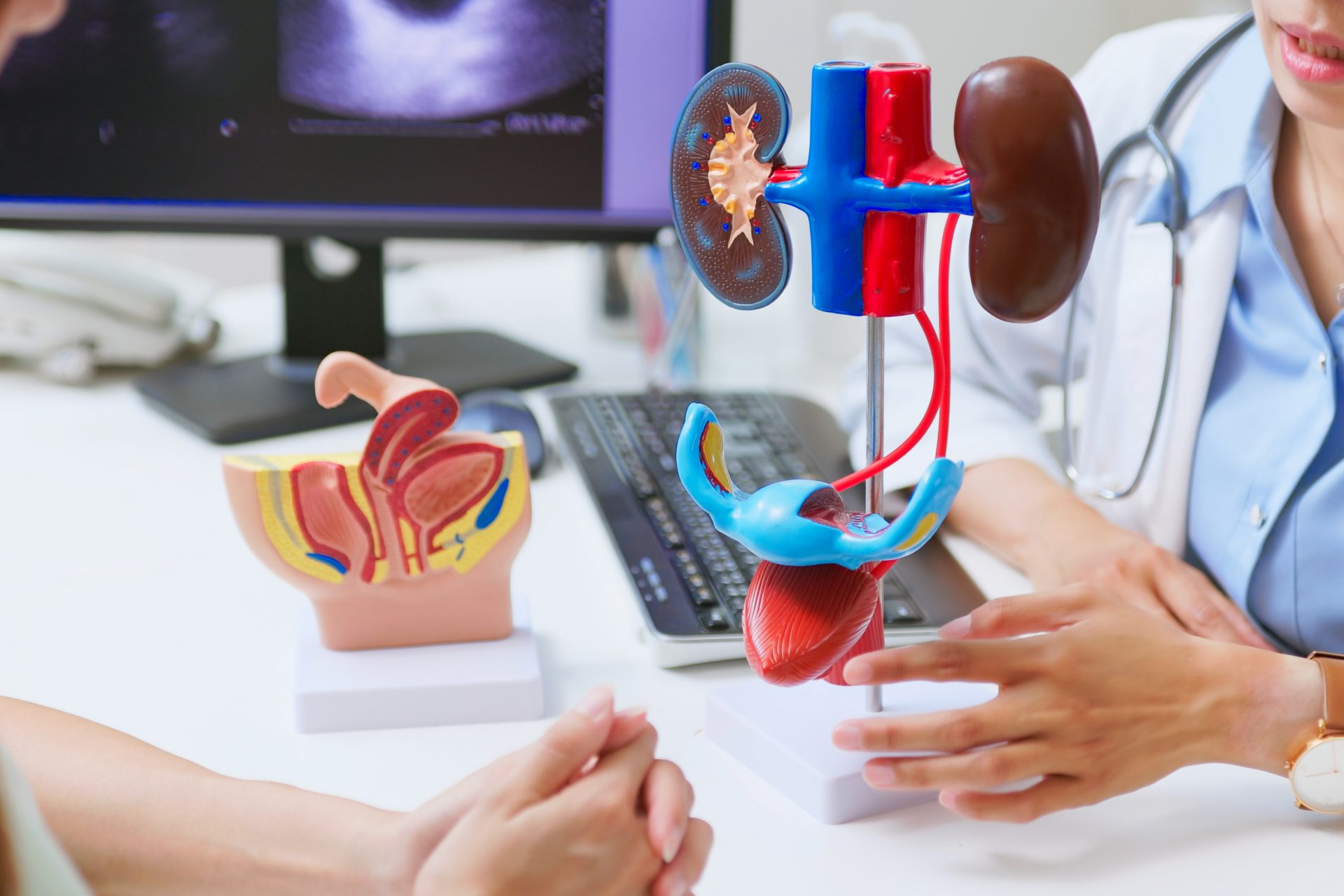Europe is still leading the ‘Deep Science’ revolution
Despite China and the US stepping up its innovation game, European universities are still leading the way in disruptive research.
In the yearly renowned S4i (Science for industry) Deep Science event, hosted for the third time by the Universidad Autónoma de Madrid (UAM) and the investment company BeAble Capital in January 2025, 250 prototypes were presented by European countries.
In this third edition, Switzerland was the guest country presenting a new SwissAI company that “simulates the future of their customers using data from the future that the AI calculates.”
(Source: S4i)
Most of the disruptive ideas presented at S4i were about showing how we can live with the climate and environmental challenges of the coming years, with a special focus on our health.
(Source: Stefanie Claudia Müller)
One example is Captoplastic, a Spanish startup that can locate, capture and eliminate microplastics in the air, water and the human body, according to their own statements, which is a world first.
Chemistry professor and co-organizer of S4i Félix Zamora (on the right) is proud of what Spain has achieved in recent years, even though universities from Munich, Zurich and Aachen still set the tone for "deep science" in Europe: "In Germany and Switzerland there is a historical ecosystem for scientists."
(Source: S4i)
Spain, on the other hand, has made a name for itself worldwide in agrotech and renewable energies, storage capacities, mobility and LNG. The public technical universities in Madrid, Valencia and Barcelona are among the best in research.
Germany is still the best research location, which makes Olav Carlsen of Sprind, the Federal Agency for Disruptive Technology Promotion, proud: "We have had the clusters that Spain is now building for many decades. Our research institutes are famous worldwide."
Nevertheless, Spain has undergone enormous development in recent years. The company Macro Carbon, for example, is a start-up developing CO2-eating algae that are also used to produce new raw materials for the chemical industry.
Germany also remains the leader of the biotech industry, which boomed during the pandemic. However, it now competes with the increasingly powerful American and Chinese innovations.
In Spain, ‘deep science’ already has a turnover of more than 2 billion euros a year and it is mainly practiced by public universities and research institutes.
We have yet to see if Europe will continue to lead the way in ‘deep science’, which besides energy and AI, focuses on hypersonic systems, quantum technology, biotechnology, next-generation communication and space.
More for you
Top Stories





